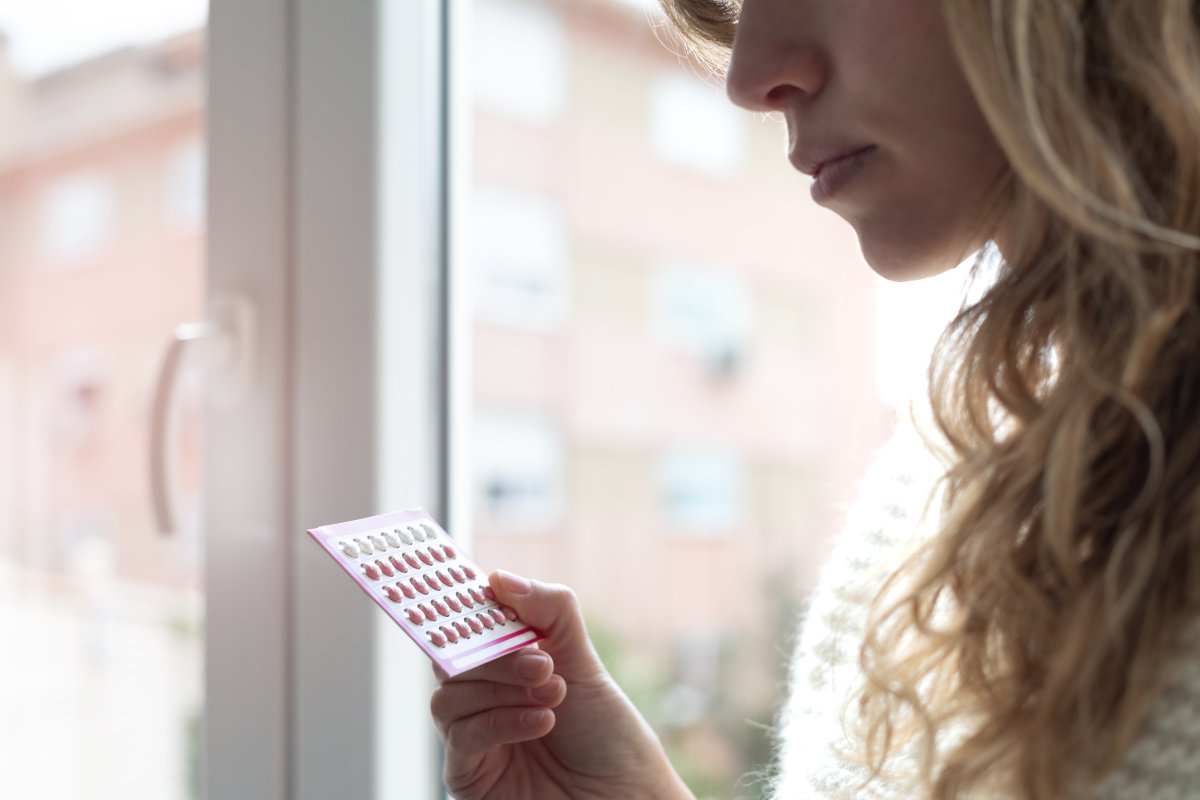A Minnesota pharmacist is on trial after he refused to fill a woman’s prescription for emergency contraception because of his “beliefs.”

A civil trial began on Monday to determine if veteran pharmacist George Badeaux violated the civil rights of Andrea Anderson, who was attempting to obtain a morning-after pill called Ella in January 2019.
According to the lawsuit filed by Anderson under the Minnesota Human Rights Act, the mother of five was seeking the pill at the only pharmacy in her small town of McGregor, Minn.
Anderson claimed in the lawsuit that she was in need of emergency contraception after a condom broke during sex.
“She acted quickly because any delay in obtaining emergency contraception increases the risk of pregnancy,” the legal filing states.
Through the lawsuit Anderson claimed when she arrived at the pharmacy, Badeaux refused to dispense her the medication based on his personal “beliefs.”
The suit claims Badeaux told Anderson that though he could not fill her prescription, there would be a different pharmacist available the next day who may be able to dispense the drug. Even still, Anderson claimed in the filing that Badeaux said “he could not guarantee that they would help.”
In the lawsuit, Anderson alleges Badeaux broke state law when he refused to tell her where else she could obtain the medication.
Now, Anderson is seeking an unspecified amount of damages in the civil trial and hopes to obtain an injunction requiring Badeaux and the drugstore he works at to follow state law, which forbids discrimination based on sex, including issues related to pregnancy.
Anderson allegedly also went to a CVS pharmacy in a nearby town that same day, where another pharmacist refused to provide her the morning-after pill.
CVS was originally included in Anderson’s lawsuit as a defendant, though a settlement was reached before the case went to trial, NBC reported. The settlement details have not been made publicly available, but Anderson received an unknown amount of compensation.
The drug store giant CVS has not commented publicly on the settlement and has not specified whether the technician who denied Anderson the medication was reprimanded.
As a result of the two refusals to dispense the morning-after pill, Anderson had to make a round trip of over 160 kilometres in wintry weather conditions to get the prescription filled at Walgreens in Brainerd, Minn., the lawsuit claims.
In the filing, Anderson’s legal team claims Badeaux has refused to fill prescriptions for contraceptives on at least three other occasions. Badeaux said in the legal documents that this is because he believes contraception like the morning-after pill leads to abortion.
He reportedly did not dispense Anderson her Ella medication because he believed it could possibly prevent a fertilized egg from implanting in the uterus. In the legal filing, he described the contraception as similar “to removing all care from a newborn child by throwing it out the backdoor into the woods.”
Anderson’s legal team disputed the claim about Ella inducing abortions in the lawsuit, writing, “If an individual is already pregnant, meaning that fertilized egg has implanted in their uterus, emergency contraception ‘Will not stop or harm the pregnancy.’”
Jury selection for the trial began on Monday.
Anderson is being represented by lawyers from Gender Justice, a St. Paul, Minn.-based firm fighting for gender equality.
Representatives from Gender Justice say Anderson’s case is the first-ever instance of contraception denial brought to trial.
Last month, the U.S. House of Representatives passed a bill that would guarantee the right to access to contraception for all Americans. The bill came amid fears the Supreme Court would threaten the availability of contraceptives following the overturn of Roe v. Wade, which revoked the right to nationwide abortion.
The new bill has yet to be passed by the Senate.







Comments